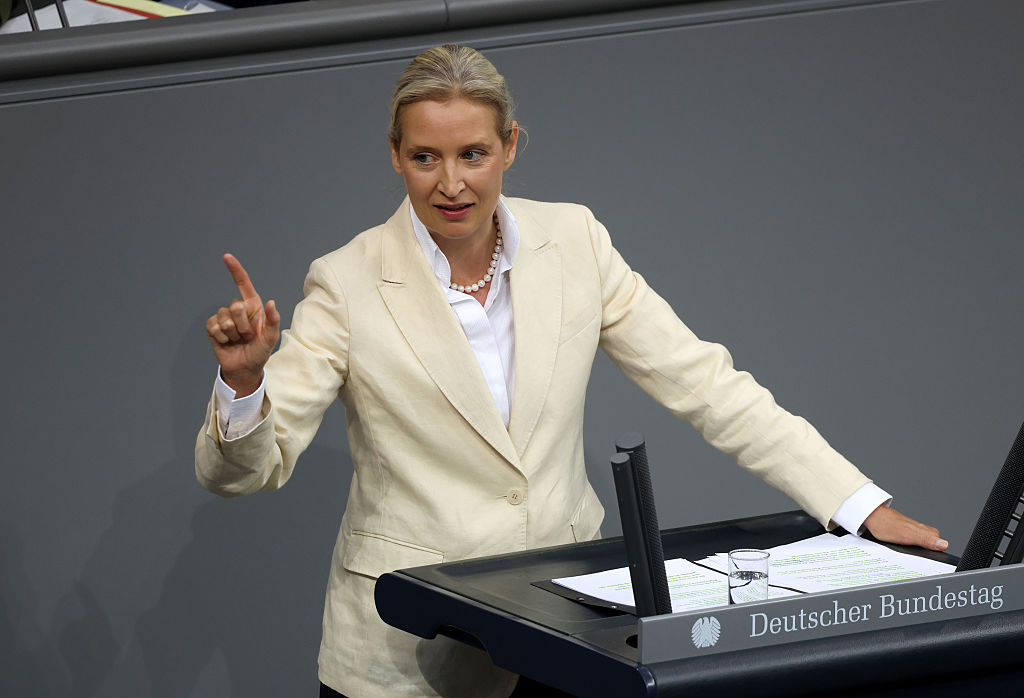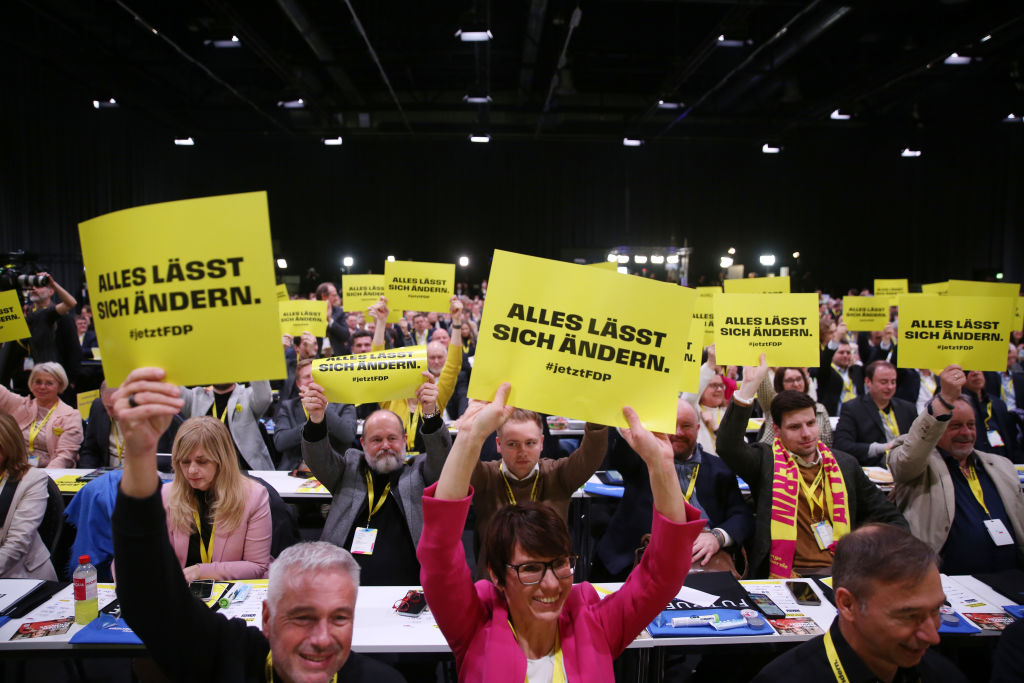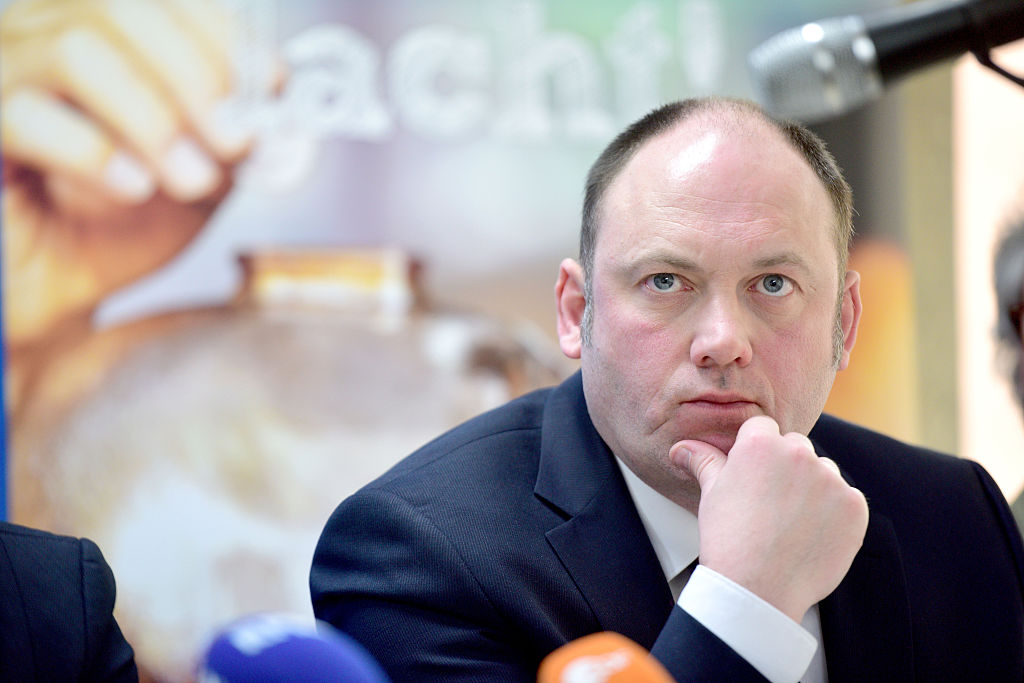The cordon sanitaire against the Alternative for Germany party (AfD) looks to be crumbling among German industrialists, with two major associations reviewing their approach to the right-wingers.
On November 16, the influential association of family enterprises Die Familienunternehmer (The Family Business Entrepreneurs, FU) announced it was ending its “ban” on any contact with AfD representatives.
“At the core, our decision was about the interpretation of what the cordon sanitaire against AfD actually is and what its aims are,” FU president Marie-Christine Ostermann told newspaper Handelsblatt today.
“For us the cordon sanitaire meant that we did not invite AfD MPs to our events out of principle. We have now ended this type of contact ban,” Ostermann said.
She added, though, that her association was not keen to see AfD as a coalition partner in a future government.
However, the business association has felt the consequences of their new openness already. On 24 November German media reported that Deutsche Bank had cancelled its rental agreement with FU for its Berlin event location.
The decision of the FU to at least allow some sort of contact with the right-wingers coincides with a recent decision by the Federal Association of Medium-Sized Businesses (BVMW), another business association, to review its own relationship with AfD.
As BVMW Chairman Christoph Ahlhaus told news platform The Pioneer on November 20: “Polls and election results currently do not indicate that the strategy of the cordon sanitaire has been successful. It seems necessary to have a broad debate in our society with respect to the latest survey.”
Ahlhaus added that his association would soon issue new guidelines for contact with AfD: “The BVMW will not shy away from the question of how to deal with the AfD and will promptly develop a position in its committees,” he said.
BVMW represents more than 29,000 small and medium-sized enterprises, while FU claims to represent 6,500 family-owned enterprises that includes car producer BMW, pharma group Merck, and insurer AXA.
Ahead of the 2025 general election, the FU had actively campaigned against AfD. Ostermann warned at the time that a vote for AfD was “useless”.
She claimed: “AfD voters prevent a change in migration and economic policy,” and urged them to vote instead for the Christian Democratic Union or the Free Democratic Party.





